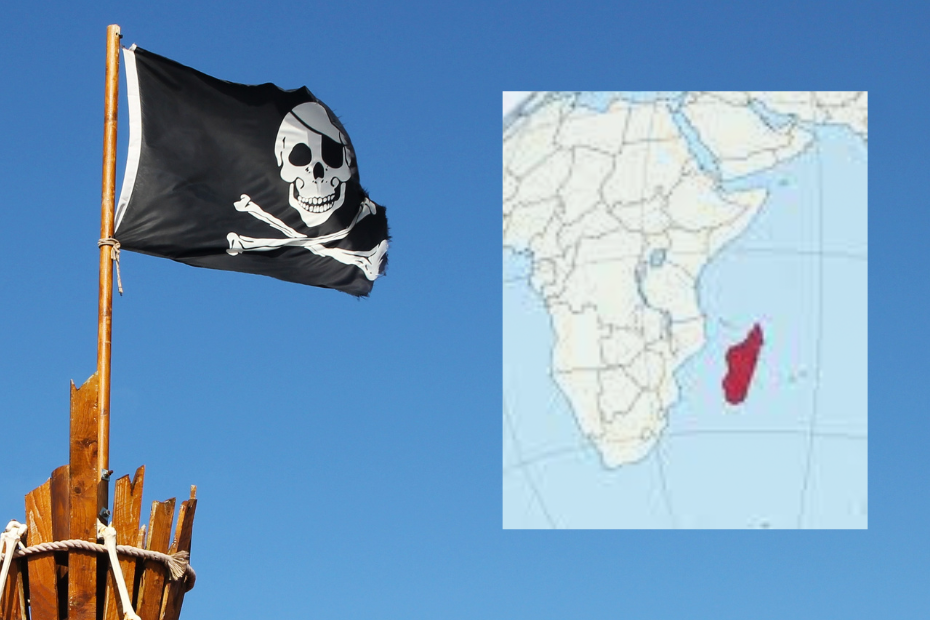In my book review of Pirate Enlightenment, or the Real Libertalia by David Graeber, I highlighted how a pirate community in Madagascar developed innovative governance despite lacking Enlightenment philosophical ideals. Graeber argues the pirates were drawn by self-interest, yet cultural norms of liberty emerged, an unexpected conclusion from an anarchist who is credited with coining the term, “We are the 99%.”
At first, I had a hard time wrapping my mind around all the dates and references. I haven’t read a history book in a long time. Graeber also comes from a different political perspective than I do. Like most seasteaders, I have a libertarian background. His worldview starts at a different point, so I had to adjust how I was evaluating his arguments. It was frustrating, but it’s always worthwhile to challenge our own beliefs.
Although the process started out frustrating, I ended up enjoying it so much that I am going to publish book reviews once a month on this blog. Seasteading is for visionaries as well as for pioneers. In my future blog posts, I will evaluate the seastead visions of authors and explain how they are similar or dissimilar from The Seasteading Institute’s mission.
In Pirate Enlightenment, there are some wild stories about the Malagasy and the pirates. Though not overt revolutionaries, pirate customs like spontaneous order and peaceful coexistence between them and the local people ended up building a successful society. This story tells why we should seastead.
For seasteaders seeking new governance models, the organic development of Enlightenment principles among self-interested pirates holds some valuable lessons. Rather than implementing high-minded political theory, inclusive systems can grow pragmatically if diverse groups find it in their interest to cooperate. Practical liberty can blossom without top-down design.

